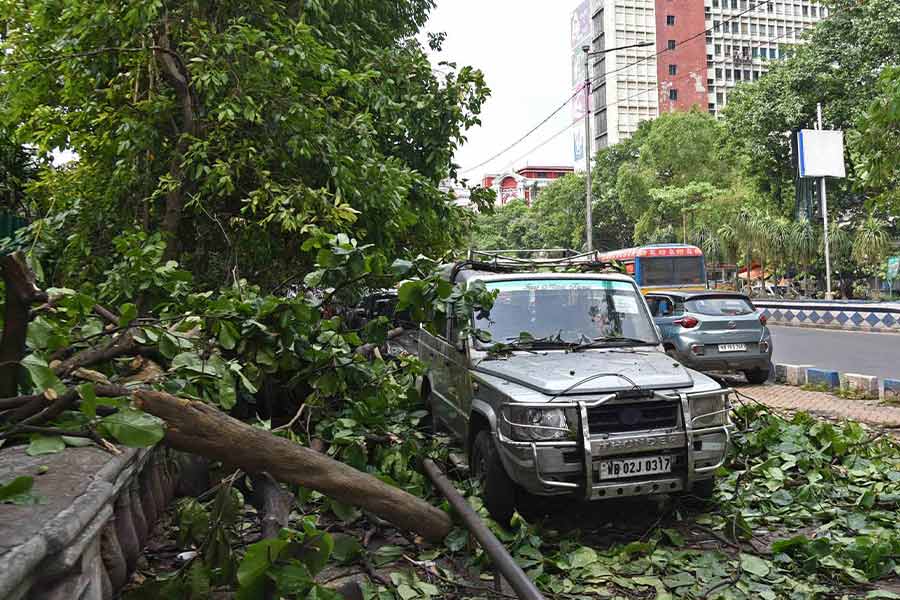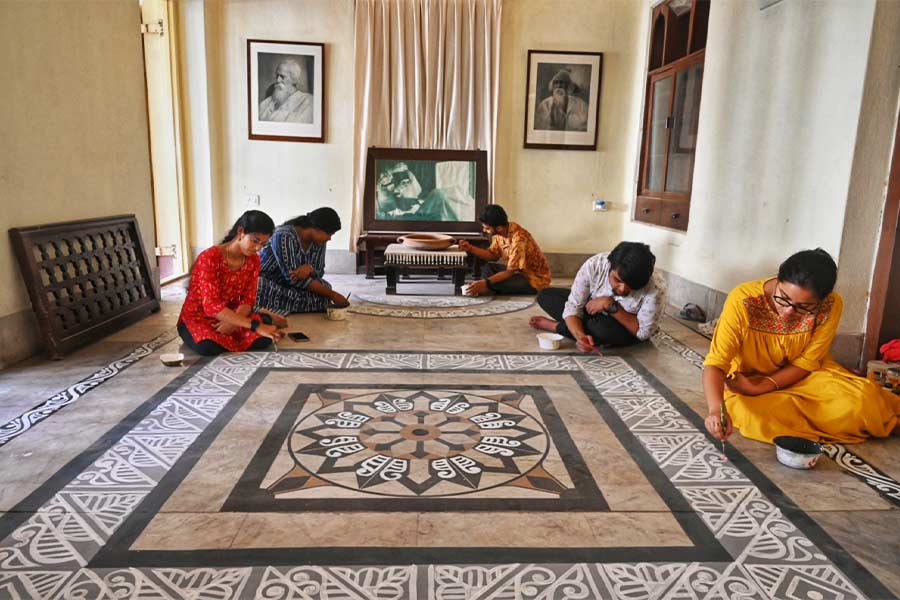Look out for broken bones, cuts, abrasions, lack of hygiene and unexplained weight loss among the elderly. These are signs of possible abuse.
And that’s just physical abuse. If they refuse to speak and seem depressed, they are most probably being emotionally abused, too.
If an elder in the family looks forward to chatting with another family member and if that person disappoints the former, that too is abuse.
HelpAge India released its national 2023 report Women and Ageing: Invisible or Empowered? in Calcutta on Thursday, June 15, World Elder Abuse Awareness Day (WEAAD).
WEAAD was initiated by the International Network for the Prevention of Elder Abuse in 2006.
World Health Organisation (WHO) defines elder abuse as “a single, or repeated act, or lack of appropriate action, occurring within any relationship where there is an expectation of trust, which causes harm or distress to an older person”.
The HelpAge India report showed that 42 per cent of women in Calcutta are widowed and merely 14 per cent own some kind of asset or property. Only 22 per cent are employed and the rest are dependent on family support for their survival.
While 67 per cent of the senior women accept that elder abuse exists in society, only 7 per cent say they have experienced it, making it among the lowest abuse figures in the country, according to the report.
The decade 2020 to 2030 has been declared as the decade of healthy ageing and both the social and the physical environment should be age-friendly, said geriatric psychiatrist Debanjan Banerjee at a WEAAD programme organised by the Calcutta chapter of Alzheimer’s and Related Disorders Society of India (ARDSI) on Thursday.
“In the last couple of years, physical abuse within the family has been on the rise,” said Nilanjana Moulik, secretary of the Calcutta chapter of ARDSI.
She got a message on Thursday from a son who lives in the US asking her to check on his elderly dementia-ridden mother who had had a fall. His concern arose when CCTV camera footage showed the professional caregiver blocking the camera.
“Old people are being abused daily. Elder abuse is a criminal offence but much of it remains unsolved,” Moulik said.
It is not just the dementia-ridden who face abuse. Elderly caregivers are also abused by the dementia-struck when they turn violent. “The situation is really complex. It needs to be tackled sensitively and at every level. Abuse does not just happen in a particular class of society. It is all-pervasive. Perfectly healthy older adults are also victims of abuse, particularly financial abuse,” said Amitabha Ghosh, president of ARDSI.
“Abuse can also be accidental. A care-giver, wanting to help, might accidentally hurt the patient,” said Ghosh.
His answer to such ills is to bring back moral values through moral science classes in schools. “We were taught to respect our elders. Perhaps, that was not such a bad thing.”
Debanjan Banerjee, a geriatric psychiatrist, said: “According to WHO, there is 15 per cent abuse prevalence in Western societies. There is no data available in India. Dignity is a basic human right. Abuse often happens involuntarily. Like, during Covid, the elderly were pushed indoors for their own safety. But maybe we should have stopped to think that it was a decision for the elderly to make.”
Banerjee talked of caregiver burnout, the commonest cause of abuse of the dementia-ridden. “Just like a child is taught the difference between good touch and bad touch, the elders, who are often like children, should be sensitised, too. Sexual abuse of people with dementia is rampant,” he said.
On ways to combat this, he prescribed awareness of rights and legal options. Maintenance and Welfare of Parents and Senior Citizens Act, 2007, makes it a legal obligation for children to provide for their elderly parents and abandoning them is a criminal offence. There is a national helpline for this — 14567.






